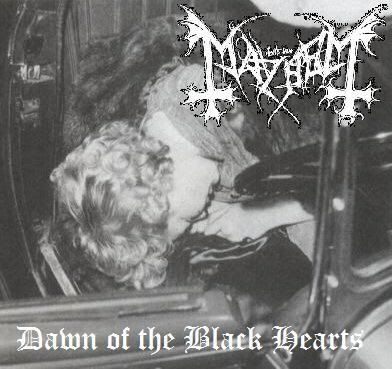 I have heard (or should that be read?) much ado about director Ernst Lubitsch and the certain je ne sais quoi he brings to his productions, known in filmophiliac circles as the Lubitsch touch. 1934's The Merry Widow, it would seem, demonstrates that touch in ample supply. What is on the surface a rather silly musical romance becomes, thanks to Lubitsch's superb direction (to say nothing of the outstanding cast!), a highly enjoyable affair. In The Merry Widow, royal guardsman Count Danilo (played by the absurdly charming Maurice Chevalier) is tasked with seducing and marrying the widowed Madame Sonia (played by the lovely and talented Jeanette MacDonald), the seduction and marriage being a means of preventing Madame Sonia from leaving the minuscule kingdom of Marshovia with her considerable fortune (which constitutes half of all the wealth of Marshovia). I hope that I won't be spoiling anything when I say that Maurice and Jeanette do inevitably fall for one another and wind up together (although the ultimate circumstance of their romance is not quite what one might traditionally consider romantic, albeit in a good way).
I have heard (or should that be read?) much ado about director Ernst Lubitsch and the certain je ne sais quoi he brings to his productions, known in filmophiliac circles as the Lubitsch touch. 1934's The Merry Widow, it would seem, demonstrates that touch in ample supply. What is on the surface a rather silly musical romance becomes, thanks to Lubitsch's superb direction (to say nothing of the outstanding cast!), a highly enjoyable affair. In The Merry Widow, royal guardsman Count Danilo (played by the absurdly charming Maurice Chevalier) is tasked with seducing and marrying the widowed Madame Sonia (played by the lovely and talented Jeanette MacDonald), the seduction and marriage being a means of preventing Madame Sonia from leaving the minuscule kingdom of Marshovia with her considerable fortune (which constitutes half of all the wealth of Marshovia). I hope that I won't be spoiling anything when I say that Maurice and Jeanette do inevitably fall for one another and wind up together (although the ultimate circumstance of their romance is not quite what one might traditionally consider romantic, albeit in a good way).What can I say about this picture that hasn't already been said? It veritably drips with the elegance and opulence one expects from an MGM picture of the 1930s. Perhaps the most shining example of this is the grandiose waltz scene--clearly, no expense was spared in preparing this rather impressive number. Of course, Maurice Chevalier and Jeanette MacDonald are excellent in the starring roles (the fact that they turned in such great performances in spite of their personal enmity is surely testament to their professionalism and ability as actors!). Miss MacDonald is also quite stunning throughout the picture, gaudy period garb notwithstanding. Edward Everett Horton is also great in his relatively small but quite likable part the distraught Ambassador Popoff, cementing his status as one of my favorite supporting actors. Una Merkel also makes a brief appearance as Queen Dolores.
Also of interest is the fictional kingdom of Marshovia itself. At the outset of the picture, we see that Marshovia is nestled between Austria-Hungary and Romania, in the region most would recognize as Transylvania (though there are no vampires to be found, barring the possibility that Maurice Chevalier is harboring a deep, dark secret). Culturally, Marshovia seems to be an amalgam of Russia, Hungary and the Ottoman Empire, giving it the appearance of semi-pastoral utopia that is just "oriental" enough to seem exotic, and just occidental enough to seem familiar. In fact, it is rather a nice analogue--both culturally and geographically--to the fictional kingdom of Graustark.
But I digress. I must say that I rather enjoyed The Merry Widow, and I expect that most other aficionados of classic movies will enjoy it just as much. Now I'm going to have to see the 1925 version of the film, as well (there was also a third version made by MGM, but that was in the 1950s, and, as a wise man once said, fuck that shit).





